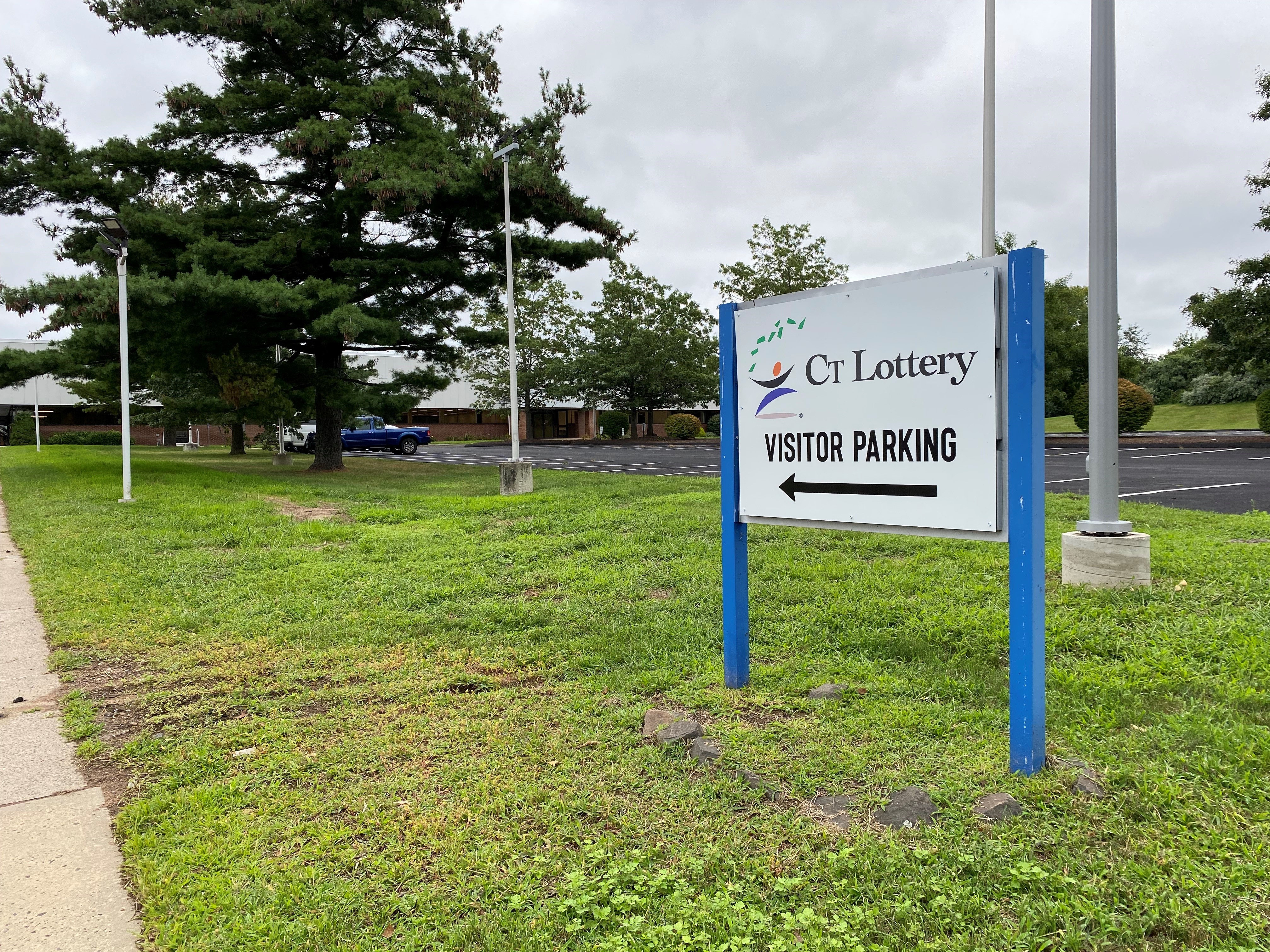Gov. Ned Lamont greeted lawmakers at the Capitol Wednesday with a plea for the 2025 legislative session: make Connecticut more affordable.
“As always our north stars will be affordability and opportunity,” Lamont said in his State of the State Address.
The governor’s address was part of the opening day of the session. Lamont urged lawmakers to address the price from everything from energy to housing to healthcare.
While he provided a few ideas, his speech largely focused on challenging lawmakers to tackle these problems.
Get top local stories in Connecticut delivered to you every morning. >Sign up for NBC Connecticut's News Headlines newsletter.
Republicans noted Lamont has yet to signal proposals of his own, including the next budget.
“I didn’t hear anything about the fiscal guardrails today,” Rep. Vincent Candelora (R - Minority Leader) said. “That concerns me, we’ve got to address that up front.”
Local
Lawmakers are looking to craft a new, two-year budget before they adjourn in June. That process will kick into high gear when Lamont presents his proposal next month.
Lamont acknowledged one big question is federal aid. The current federal spending plan expires in March and Congressional Republicans and President-elect Donald Trump have both hinted at cuts.
Lawmakers are specifically worried about cuts to aid with Medicaid and education, two areas they’re looking to bolster this session.
Democratic leaders said that could be a reason to relax the fiscal guardrails.
“They'll be modified, but I think we also need to look at whether or not we’re going to have a significant enough emergency when we know what the federal cuts are,” Sen. Martin Looney (D - President Pro Tem) said.
Lamont also made energy prices a major focus of his speech, calling for action after ratepayers around the state were frustrated with skyrocketing bills over the summer.
“Everyone was mad as hell looking at their bills following the hottest July in recorded history and I can see why,” Lamont said.
Lamont urged lawmakers to focus on supply issues, saying other “cosmetic changes won’t make a dime’s worth of difference.”
Republicans disagreed, saying they believe Connecticut needs to reform its regulatory environment.
They continue to call for Lamont to fill all five seats on the Public Utilites Regulatory Authority and for the agency to be removed from the Department of Energy and Environmental Protection.
They also disagreed with Lamont’s plan to continue to rely on wind and other clean energy – which costs more than traditional electricity sources – to help meet the supply need.
“If he thinks that he’s going to reduce energy rates by procuring more wind energy, you’re just not,” Sen. Stephen Harding, (R - Minority Leader).
But Democrats agreed with Lamont that the state needs to push for more supply, something that will take time. They also said energy pricing needs cooperation with other states.
“We're willing to make changes but you can’t mislead people about what’s a regional problem and you’re frankly going to have to build capacity over years,” Rep. Matt Ritter (D - Speaker) said.
Lamont also said the legislature needs to find ways to help employers afford health insurance for their employees.
Additionally, he asked for improvements to permitting processes in order to speed up housing construction.
Democratic leaders said they hope that means zoning reform, something Lamont has not supported in the past.
“Well, my hope is that when you make a reference to permitting that we’re talking about local land use regulation,” Rep. Jason Rojas (D - Majority Leader) said.
Lamont focused on education – both primary and higher education – in his address, as well.
He urged support for teachers, even calling for ways to get more men into the profession.
Lamont also continued to push for schools to keep cellphones out of the classroom.
As for higher education, Lamont sought changes to make college more affordable.
He noted the Connecticut State Colleges and Universities, for example, is “losing students and increasing costs.”
He urged for “innovation” to ensure universities and community colleges were offering programs that helped prepare students for the current workforce.
Democrats and Republicans agreed, but Republicans also used the remarks as an opportunity to continue to call for reforms to how CSCU administrators spend money.
An audit last month raised questions about expenses racked up by CSCU Chancellor Terrence Cheng and other top-ranking officials.



